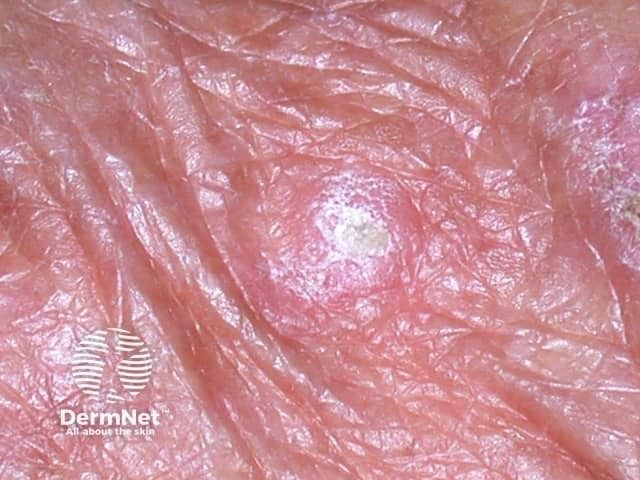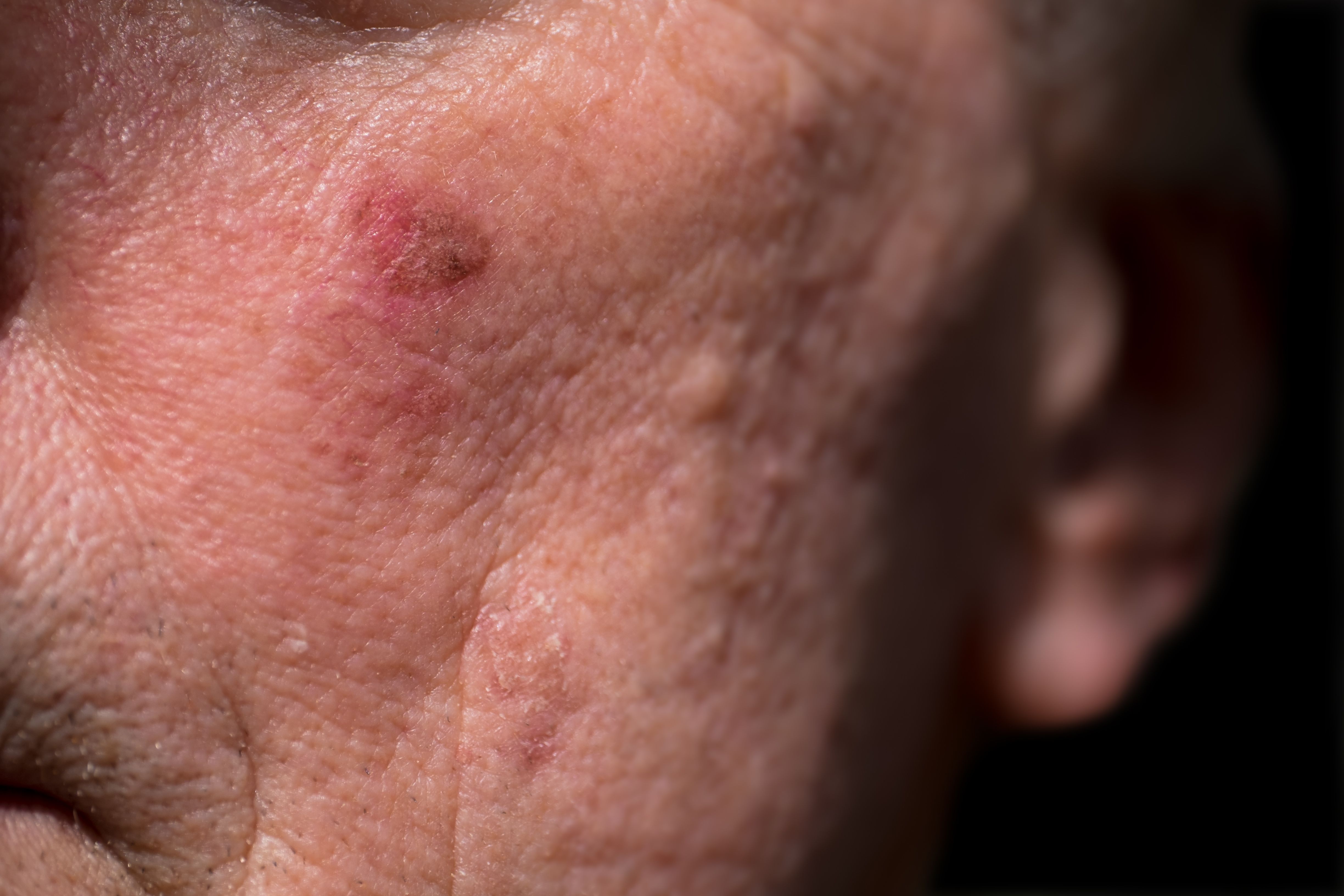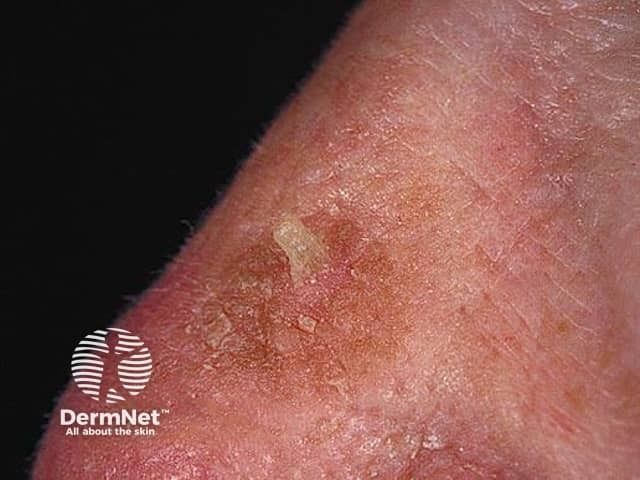
Actinic Keratosis
Latest News
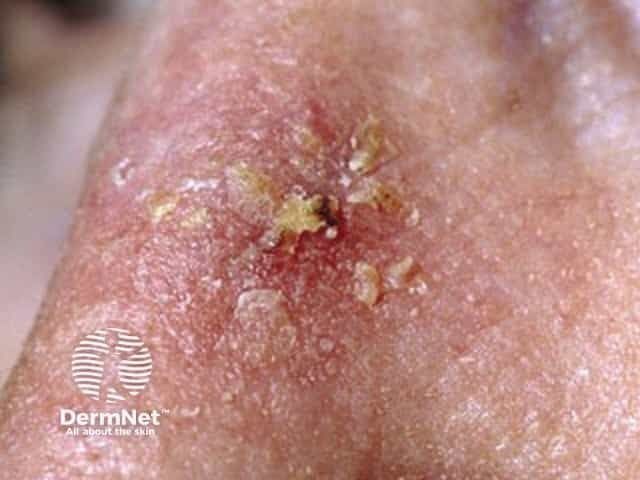
Latest Videos
CME Content
More News

The company showcased advancements in tirbanibulin and its early-stage antibody LAD191.

Follow-up phase 3 data showed BF-200 ALA to be a safe and effective therapy for AK, when compared to placebo.
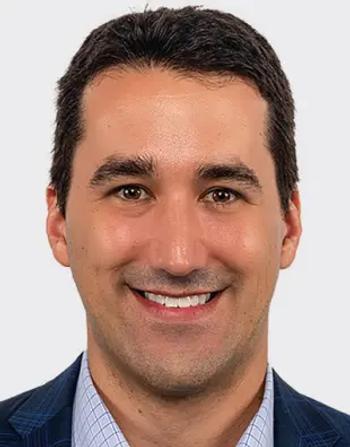
Experts highlight the versatility and patient-centered approach of PDT with red light, emphasizing its effectiveness for AK, skin rejuvenation, and superficial cancers.

Australian researchers found 5-FU to be the cheapest AK treatment, compared to imiquimod and MAL-photodynamic therapy.

The novel drug demonstrated tolerability for AK treatment when applied to a field of 100 cm2 of the face or scalp.
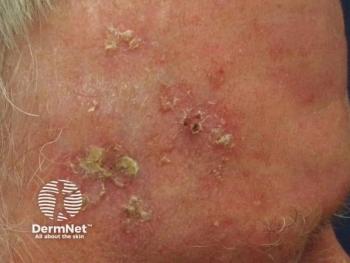
The expanded dosage aims to provide healthcare providers with greater flexibility in treating larger or multiple areas affected by AK.

A recent study indicated that 43.3% of lesions achieved a high efficacy score following Alexandrite laser therapy.
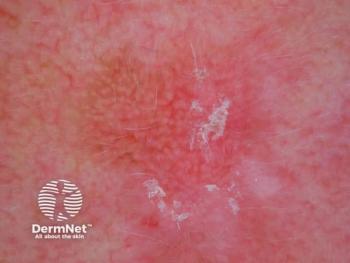
One hundred patients with AK rated their therapies with the TSQM and Likert scale, and shared their treatment needs regarding goals, cost, type, duration, and location.

First Study Reveals Covariate-Adjusted Effects of New Actinic Keratosis Therapies for Face and Scalp
Data from numerous studies identified fluorouracil 5% as ranking the most effective across 3 outcomes.

Biofrontera's red light source is approved for use in combination with aminolevulinic acid hydrochloride (Ameluz) topical gel, 10%.

Phase 3 clinical trial results showed that the safety and tolerability profiles were consistent with those observed in the original pivotal trials.

A study revealed that patients with actinic keratosis reported feeling more pain during red light PDT compared to simulated daylight PDT.
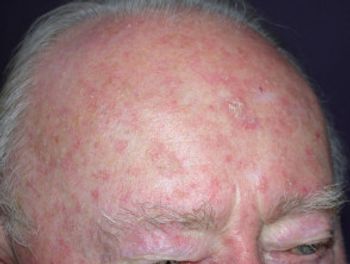
Researchers examined local skin reactions of a topical gel inhibiting cytosolic phospholipase A2 both in-clinic and remotely.

An increased number of tubes of aminolevulinic acid hydrochloride 10% will help patients who have actinic keratosis over large surface areas.
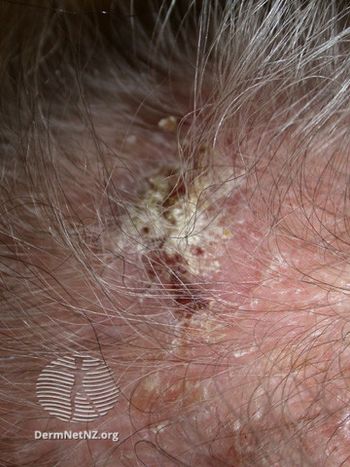
Online patient recruitment methods were effective in a proof-of-concept trial involving patients with low-grade AK.
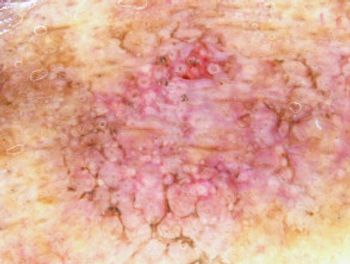
The study explored the use of the ointment in an area of 100 cm squared.
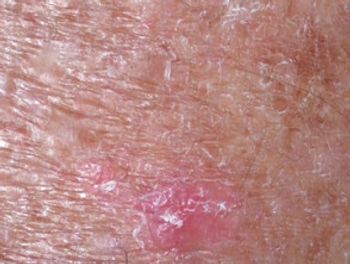
The analyses were published in the Journal of the European Academy of Dermatology and Venereology.

ChatGPT shows promise in dermatology but needs improvement in accuracy and conciseness for reliable clinical use, according to a study evaluating its performance in actinic keratosis management.

The survey conducted by Almirall included participants in the US and Europe.

As few as 90% of study participants without visible actinic keratosis lesions displayed inflammatory reactions indicative of the presence of subclinical AK lesions.

Investigators noted that there was not a marked increase, however, in keratinocyte skin carcinomas.

Five days of treatment with the topical therapy measurably improved symptoms and emotional/functional impact for patients with actinic keratosis at week 8.

A poster presentation from SBS 2023 reviewed the clinician satisfaction of tirbanibulin for the treatment of actinic keratosis.

The human microbiota and its involvement in human health and disease has been emphasized in recent years. Now, researchers have begun to explore whether a patient’s unique microbiota may influence skin cancer risk and response to therapy.

A recent study evaluated reflective confocal microscopy for actinic keratosis treated with 5-aminolevulinic acid photodynamic therapy.


